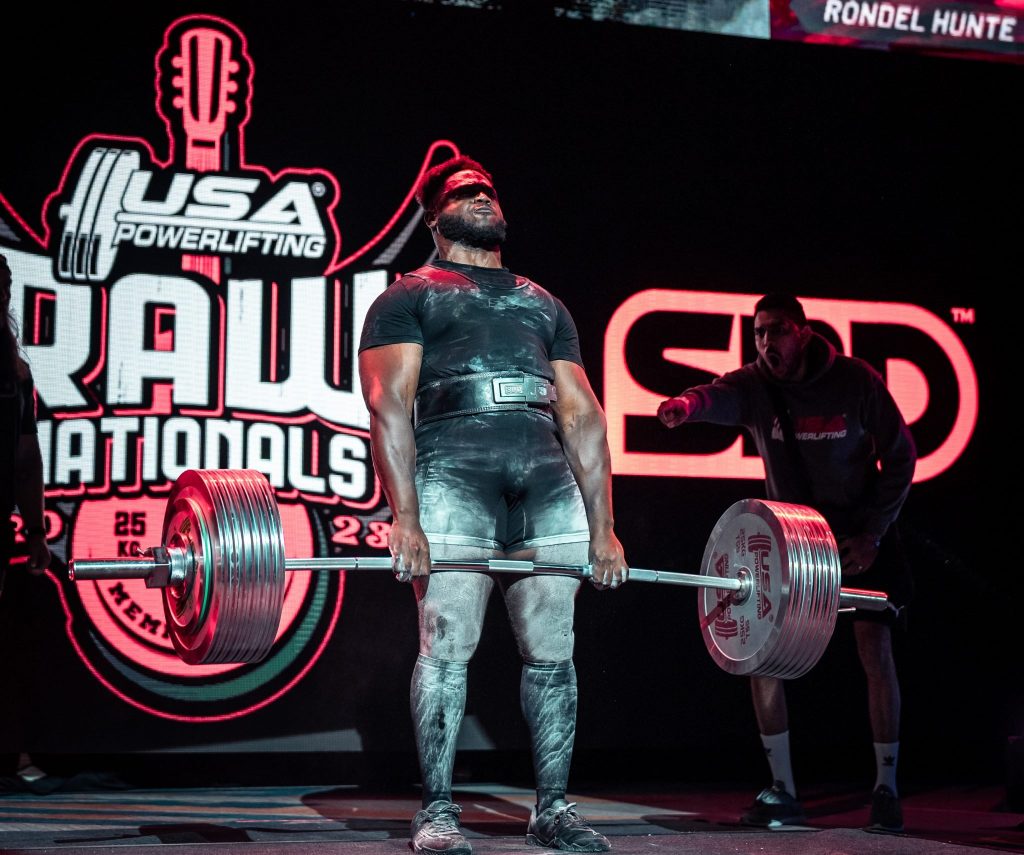The following article appeared in the April 1997 issue of Clean Power:
As I stated in the last article, one of the questions I get asked a lot of is how to take care of tendonitis or a nagging and prolonging muscle problem. I stated last article that muscular imbalances were one of the major problems causing this. Another one of the major reasons is overtraining. A colleague of mine stated it is really under-recuperating. Either way, it still means the same: the body not recovering fast enough between workouts due to several factors.
An example of what overtraining can do to an athlete is as follows. My training partner first came to me as a patient with a severe shoulder problem. It had been coming on slowly over the last two years and was now preventing him from going heavy in training while he was preparing for competition. After a few treatments, his progress was slower than I expected so I asked him to write out his typical training regimen. After examining his training, I discovered his progress was being slowed due to the fact that he continued to train (overtrain) in a manner that helps lead him to our office in the first place. After fixing his shoulder and altering his program, we have put 20 lbs. on his PR bench in less than 5 months.
Overtraining is a mean word. There are several factors that can lead to overtraining. The first is doing too much. What I mean by this is that the athlete spends too much time in the gym training with the weights. Powerlifting only has three events. Those three or exercises similar to those three need to be trained preferably every week. Some related exercises need to be added to these exercises to help train the weak points of the primary lifts. Additional exercises such as abdominals/biceps/calves, etc. also need to be trained but with caution. I see too many athletes that blast these areas with mega-sets that just add to the overtraining effect. These areas can be trained several (2-4) times per week with a low number of sets and high reps. If your workout lasts longer than 1-1.5 hours, you are training too long and hard per workout. (This does not include when using the equipment during the last few training sessions, which almost always takes longer because of putting the equipment on and warming up with it.) The body, with our current high stress, lives outside of lifting, can only handle so much physical stress. I also see too many powerlifters doing a pseudo-bodybuilding routine yet say they are training for PL. The athlete needs to choose the sport they want to lift in and stick to it. This is not to say that in the offseason, one cannot train like a bodybuilder. But when the intensity starts to pick up while getting ready for a meet, back off on the amount or volume of training. How many times have you seen an athlete leave their best lifts in the gym? One of the reasons for this is they overtrained.
Another factor is nutrition. Powerlifters are great for running out and buying the latest fad in nutrition to “help” them in their lifting endeavors. However, most neglect the basics such as vitamins, minerals, fats, carbohydrates, and protein. One needs proper levels of nutrition in order to be able to utilize the extra protein, carbs, creatine, etc. that an athlete uses. If an athlete’s body doesn’t get these proper nutritional requirements, then overtraining can occur because the muscles, tendons, nerves and bones don’t have the building blocks they need to recover fast enough for the next workout. The next factor is rest. As an athlete, one needs at least 7 hours, even 8-10 hours of sleep every night. Sleep is the time the body uses to help recover from the last workout, job, life, etc.. It utilizes the nutrition and the work you did in the gym to rebuild the body to be stronger for the next workout. As an example of how sleep affects the recovery times of the body, how many times have you done a heavy SQ or DL workout, only to get 4-5 hours of sleep that night and notice the muscle soreness lasting longer than usual? The body didn’t receive enough rest before it had to get up and go the next day and consequently, didn’t recover enough. It will have to use the next few days to catch up on the recovery.
The final factor is stress. Whether physical or mental, stress can help lead the body to overtraining. When under significant stress, certain hormones are released in the body to help out with the stress factor. When these hormones are released continually, a catabolic state can start to happen. This state is what the athlete does not want. It starts to break down muscle tissue and other structures, setting oneself up for overtraining and ultimately injury. Try and reduce the stress level in your life and you will see a difference in your lifting.
The next issue I will discuss various treatment options for the neuromusculoskeletal problems caused by muscular imbalances and overtraining.
Please send your questions for the Sports Medicine Committee to:
Dr. Michael Hartle
3835 W. Jefferson Blvd.
Ft. Wayne, IN, 46804.
If you would like a personal response, please send a SASE with $2.00 to cover additional postage and other expenses. I also welcome your comments on the committee/column.


